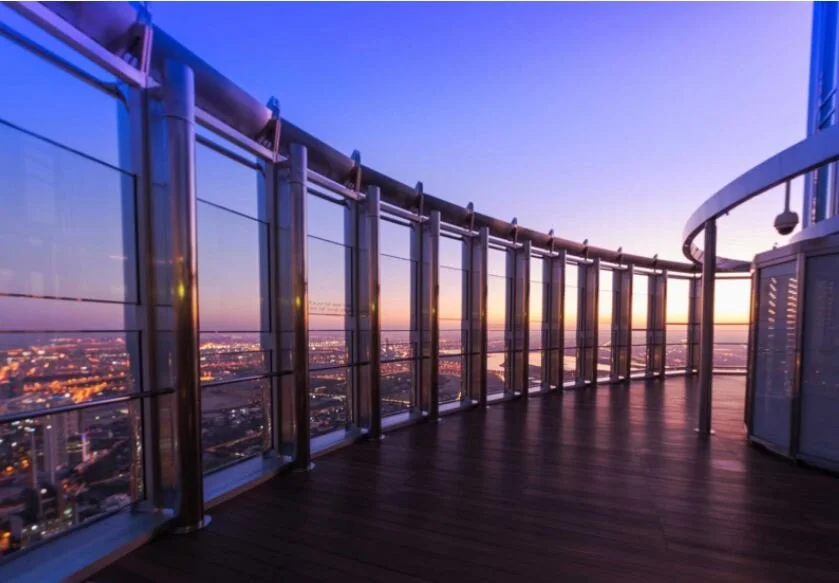Dubai launches fractional Title Deeds - lowering investment threshold.
The Dubai Land Department introduced a fractional title deed programme this week to boost the emirate’s hospitality industry and offer cheaper options to small property investors.
An investor will be able to buy up to half or a quarter of a hotel or serviced apartment under the new initiative.
“A fractional title deed pertains to an individual unit that is divided into two or four fractional shares, each with its own title deed. As is the case with other properties, these deeds can be transferred, sold or mortgaged,” a DLD representative told The National.
The concept is expected to encourage crowdfunding in Dubai's property market and help reduce the 4 per cent transfer fee paid for a sales transaction, according to industry experts.
Under the fractional title deed model, the buyer is expected to pay a transfer fee only on the amount they have invested, and not on the entire value of the unit.
“This initiative is still in its pilot phase for one project, and we look forward to more projects supporting its full implementation. DLD will announce the name of the project upon successful completion,” said the DLD representative.
There is no minimum investment limit under the fractional title deed model.
“The investment required under the deed is dependent on the cost of the unit in question, which would have been decided by the developer based on market conditions,” the DLD representative said.
As is the case with the hospitality sector globally, the hotel market in the UAE slowed in the second quarter of this year due to the Covid-19 pandemic, according to property consultancy JLL.
Occupancy levels decreased to 52 per cent in Dubai by May, compared with the corresponding period last year.
Similarly, average daily room rates in Dubai fell by 17 per cent over the same period to $144 (Dh529), according to data from STR Global.
The DLD’s programme will “increase investment into the market by reducing the ticket size of properties. It will help buyers get on the property ladder with a much smaller investment”, said Lynnette Abad, director of Research & Data at Property Finder.
The concept of fractional title deeds is prevalent in the US, the Caribbean and parts of Europe and Australia, particularly within coastal cities, according to property consultancy Core.
Prathyusha Gurrapu, head of Research and Advisory at Core, said fractional ownership differed from timeshare models “as it involves part ownership of a property, rather than just a right to use it at certain times of the year”.
However, questions remain on how service charges will be paid under fractional ownership.
Industry experts said individual owners might need to obtain a no-objection certificate from the developer to sell their share, if the unit is in arrears concerning service charges.
“As we are at the very beginning of fractional ownership coming into the Dubai property market, do your due diligence on any possible investment as you usually would and to make sure you read through all the paperwork to understand exactly how it will work where you are looking to buy,” said Lewis Allsopp, chief executive of Allsopp & Allsopp, a Dubai-based property broker.
“Consider how much control or input you have, how and when you will receive your returns, what management fees you will need to pay, how easy it is to exit the investment if you want to at any point and what your overall rights are,” Mr Allsopp said.
Ms Gurrapu also said financing options could be limited for fractional ownership of units, with more options potentially becoming available in due course.
“Depending on the property, holding term and restrictions on exit, there may be some liquidity issues that buyers should be cautious about,” she said.
Location, view, build quality, property management and operator reputation will remain important for the maintenance of such properties to retain value, Ms Gurrapu said.
(Source: The National)



